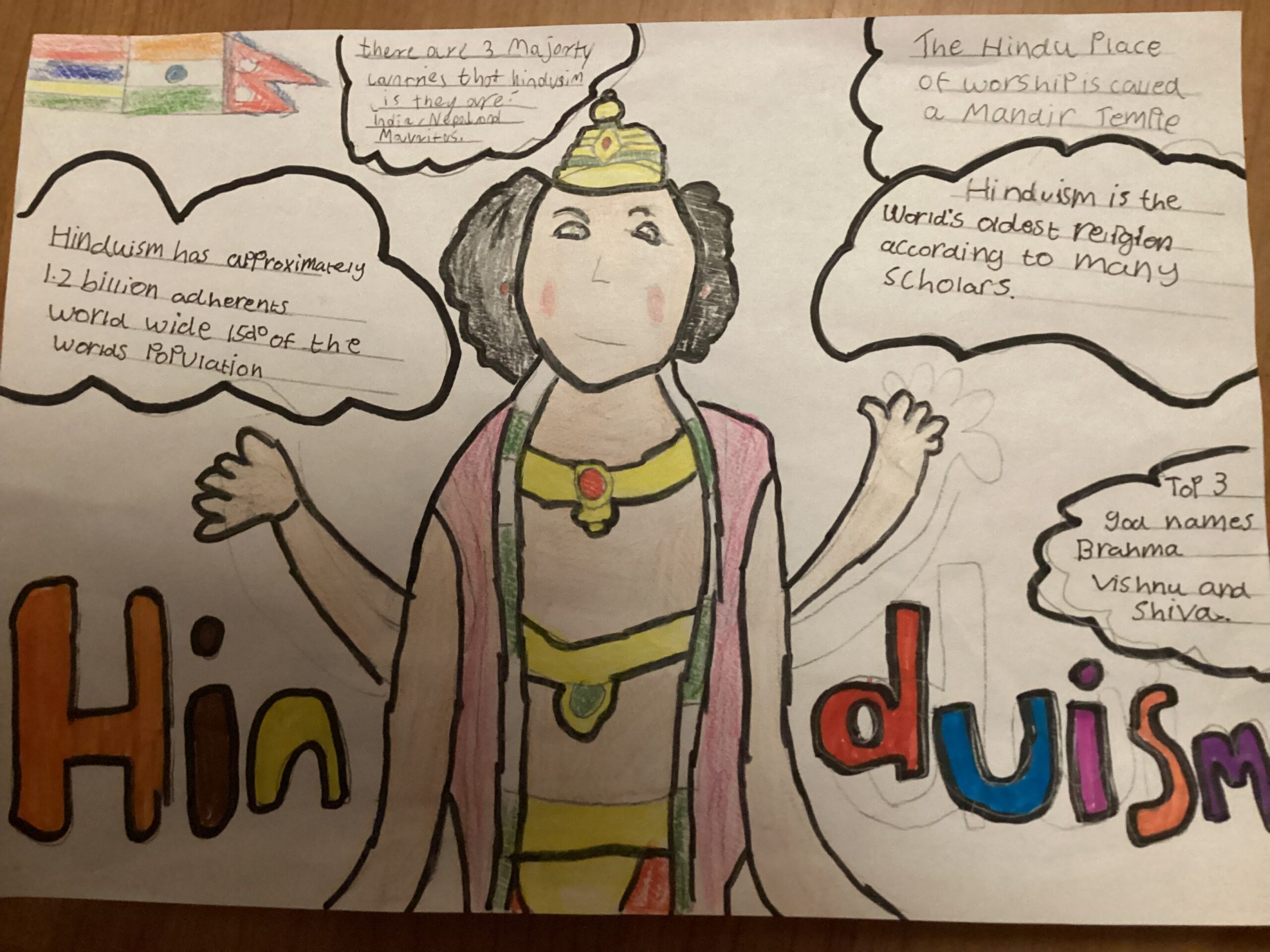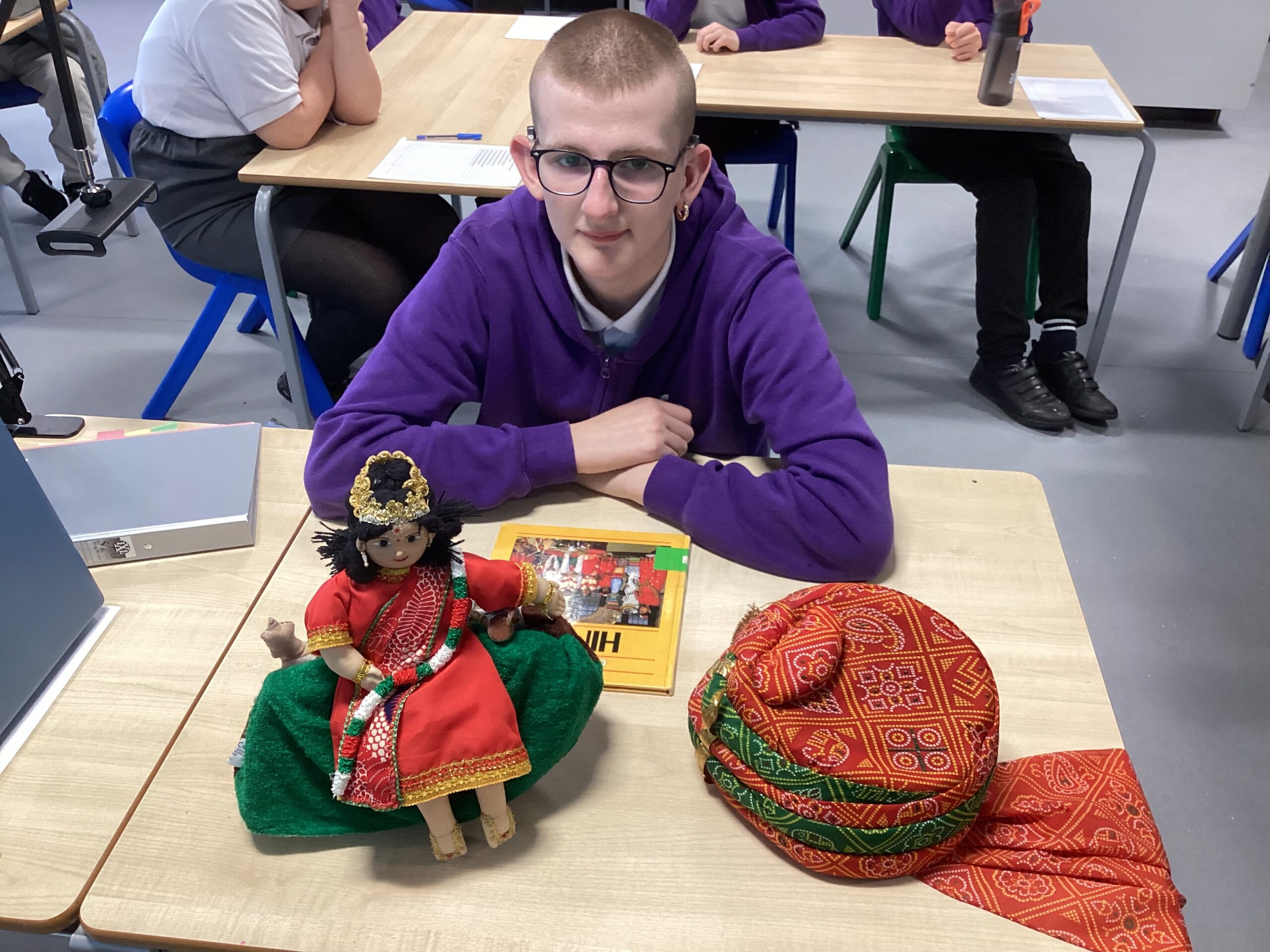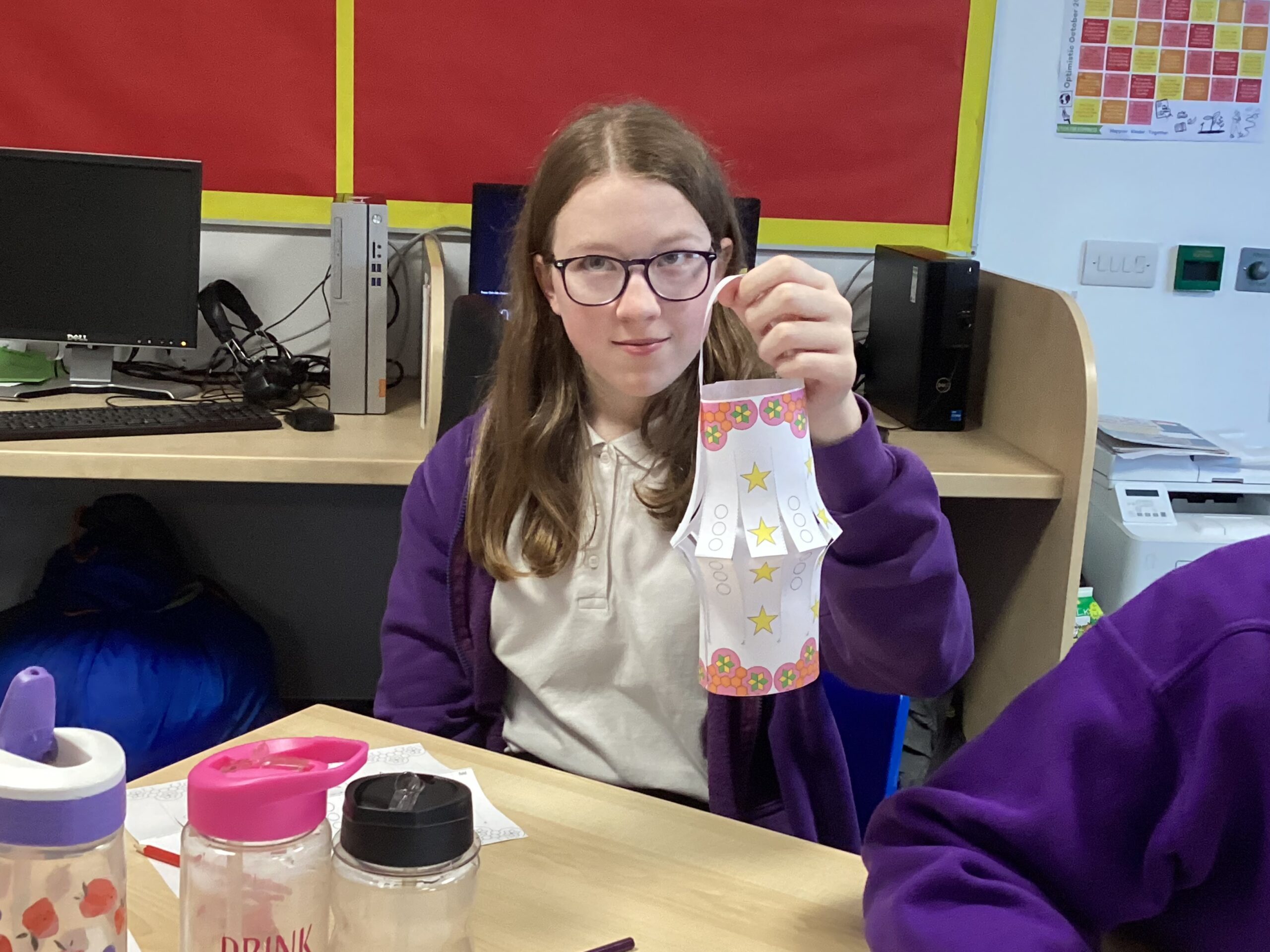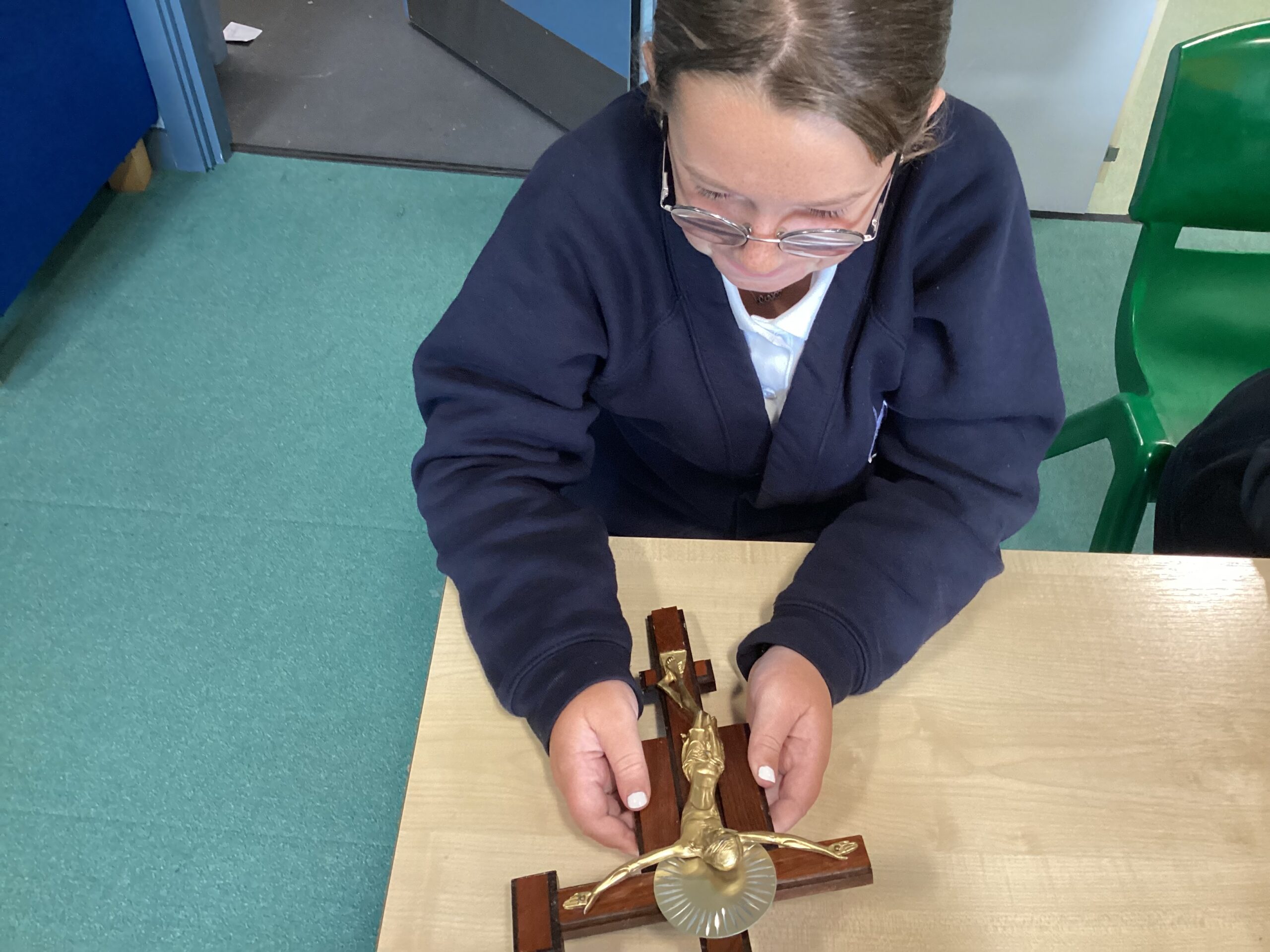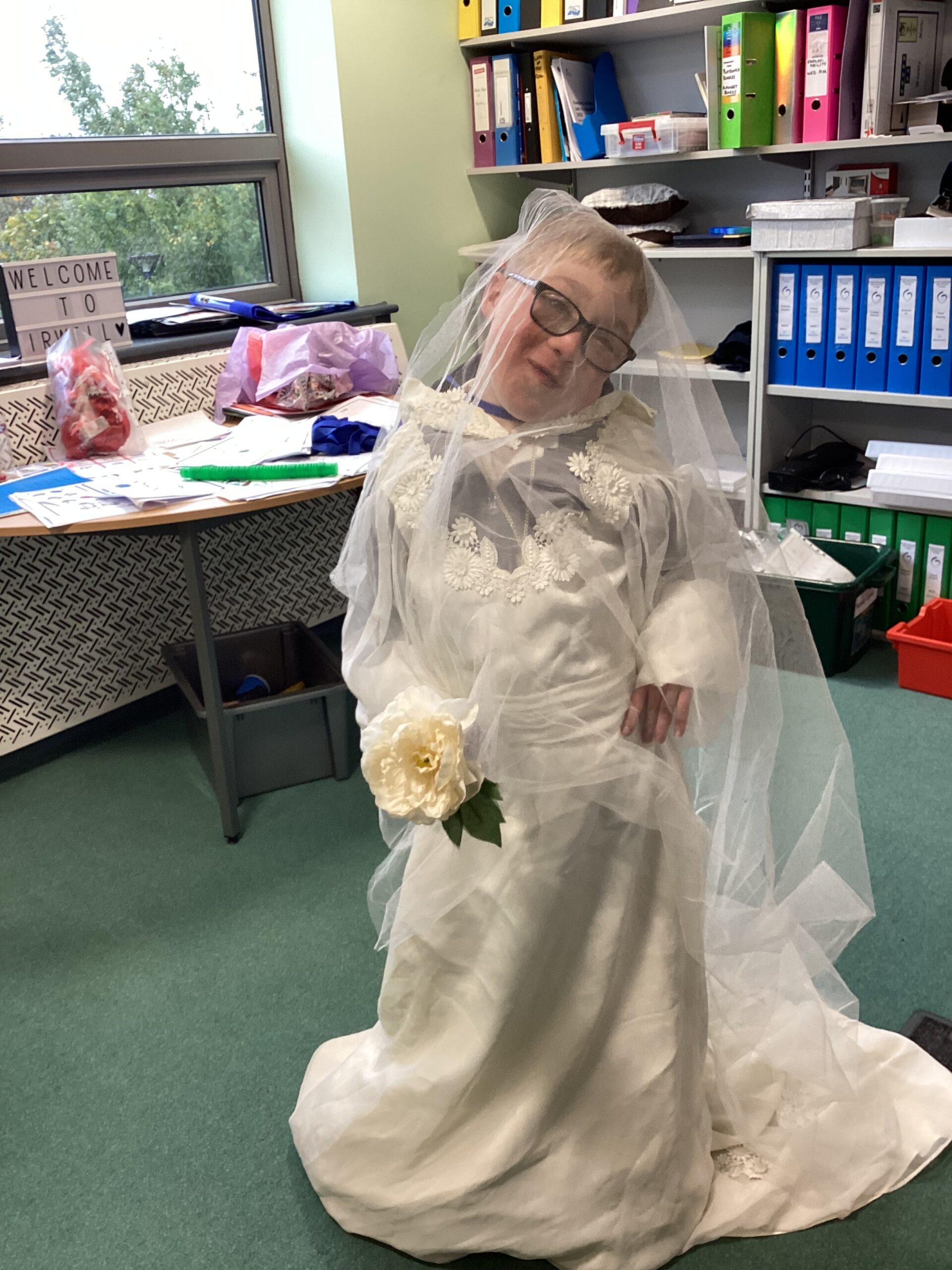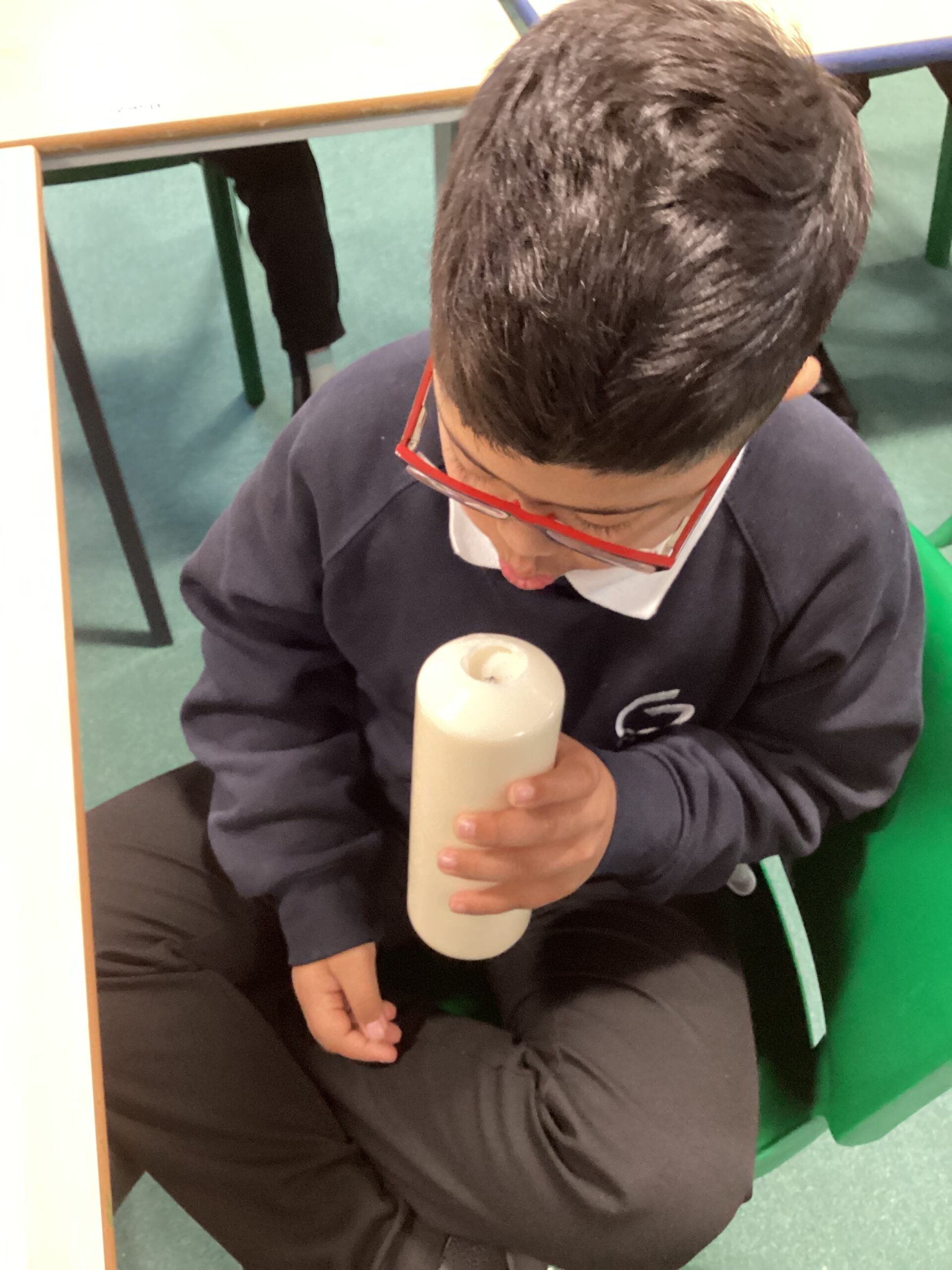Latest News:
INTENT
The RE curriculum promotes tolerance of different faiths and beliefs and mutual respect, and these values are threaded throughout the curriculum. RE makes a unique contribution to the spiritual, moral, social, and cultural development of pupils and supports wider community cohesion. The UK has a rich heritage of culture and diversity. This is continuing today in an era of globalisation and an increasingly interdependent world. Religion and belief for many people forms a crucial part of their culture and identity. Religion and beliefs have become more visible in public life locally, nationally, and internationally.
Pendle Community High School & College uses an enquiry-based model to begin to develop pupil’s critical thinking, motivation to learn, and their knowledge, understanding and empathy of other people and their beliefs. This approach acknowledges the philosophy that pupils are free to make their own choices and decisions concerning religion and belief. RE does not try to persuade but rather to inform and develop the skills with which evaluation can take place.
In addition to the National Curriculum objectives, the RE curriculum at Pendle Community High School is supplemented with a range of activities designed to enrich the learning experience of all our pupils, furthering their knowledge and understanding of the world around them and preparing them for life beyond school. We follow guidance from the Lancashire Sacre curriculum which enables us to offer a bespoke curriculum which will meet the needs of the pupils.
The RE curriculum aims to ensure that all pupils are encouraged to
· use appropriate behaviour, according to the situation.
· relate positively to others.
· exercise personal responsibility and initiative.
· value, respect and be proud of their own cultural background and understand the traditions of other cultures.
· recognise and challenge stereotypes and discrimination.
develop a sense of personal worth.
· foster an appreciation of the significance, awe and wonder of life.
· understand the difference between right and wrong.
· learn about a range of religions and worldviews.
· express ideas and insights about the nature, significance and impact of religions and worldwide views.
· gain and develop skills needed to respect all religions and worldviews.
IMPLEMENTATION
The RE curriculum is based on an enquiry model which is supported and encouraged throughout the school and college. Lessons are delivered weekly across all stages and for all learners.
Pupils experience and explore concepts through the use of artefacts, resources, books, video clips, visitors to school and educational visits. This practical approach to learning, facilitates pupils to apply previous subject knowledge and understanding. RE allows pupils to focus on critical thinking skills, personal reflection and their feelings, as their subject knowledge increases it will also nurture spiritual development.
Independent learners are encouraged to be inquisitive, ask questions and work independently researching topics being covered. The curriculum is designed to provide challenge and all activities will be appropriately matched for individual learning, as well as encouraging problem solving, teamwork and discovery of the world around them.
Supported and experiential learners work in smaller groups whose learning is met primarily through experiences and activities which are multi-sensory and stimulate learning through kinaesthetic approaches and are supported through structure and routines. This curriculum is used to enhance early learning and development in pupils across school who present with sensory issues and those who learn best via a highly experiential, multi-sensory approach.
Throughout the breadth of study each unit is structured to include the following key elements:
Shared human experience – the nature of being human
Living religious tradition – principal religious traditions encountered in the world
Beliefs and values – the theology that lies at the heart of these traditions
The search for personal meaning – a lifelong quest for understanding
The RE curriculum builds on a pupil’s own experiences to support and develop an understanding of the concepts being studied and will progress into further investigating each concept from the point of view of the chosen religion. This approach continues throughout the programme of study encouraging investigation and discussion to embed subject knowledge. RE also introduces pupils to the beliefs and teachings of different religions.
The curriculum is designed to engage and develop students inquiring and inquisitive mind with progression into KS4 and a variety of accreditation routes including, WJEC Humanities Diploma and AQA unit awards.
IMPACT
As a pupil progresses through the school, they develop an understanding and appreciation of the varied religions nationally. Skills and knowledge taught in RE are transferable and support pupils to do more and engage more in other curriculum areas. Teachers have high expectations and evidence of this is demonstrated in progress data and KS4 accreditation results. Impact is also recognised in pupils’ contributions, questions and enthusiasm in lessons, participation in themed days and assemblies where pupils demonstrate what they know and remember using appropriate vocabulary.
Pupils further develop their abilities in the 4 key drivers of the curriculum as well as improving their writing, reading, comprehension and inference skills. In addition, RE lessons facilitate discussion improving oracy and develop pupils spiritually, academically, emotionally, and morally. Some pupils will become more confident in analysing their own work and expressing views and opinions of the world around them. The depth of knowledge that pupils will attain will vary but all will demonstrate progress from their individual starting points.
The whole school approach to celebrating different religious and cultural celebrations, provides the means to celebrate the diversity of the school community and promote positive images of people in the wider community, including their beliefs, traditions, culture, languages, and history. Pupils will have a better understanding of themselves and will have been introduced to opportunities, challenges, and the responsibilities of living in an ever-changing multicultural world.
Pupils will become more confident in analysing their own work, expressing views and opinions of the world around them whilst developing confidence and self-esteem. Specific themed days/ afternoons, visitors to school and educational visits will allow pupils to consider and explore other regions through maps, culture, music, food, and climate and become more aware of cultural diversity which provides opportunities for further relevant and contextual learning.
RE Lead
Johanna Chambers
jchambers@pchs.lancs.sch.uk
Pupil Voice: Why we think it is important to learn about RE in school.

CONTACT US
Pendle Community High School & College
Pendle Vale Campus, Oxford Road, Nelson, Lancashire, BB9 8LF
Tel: 01282 682260
Headteacher: Debra Grogan
Chair of Governors: Trevor Ashton (Address c/o above)
Receptionist: Sophie McCamon
E-mail: smccamon@pchs.lancs.sch.uk
SENDCO: Stephanie Curtis
Email: scurtis@pchs.lancs.sch.uk
CONNECT WITH US
Paper copies of the information on our website can be requested via email.


